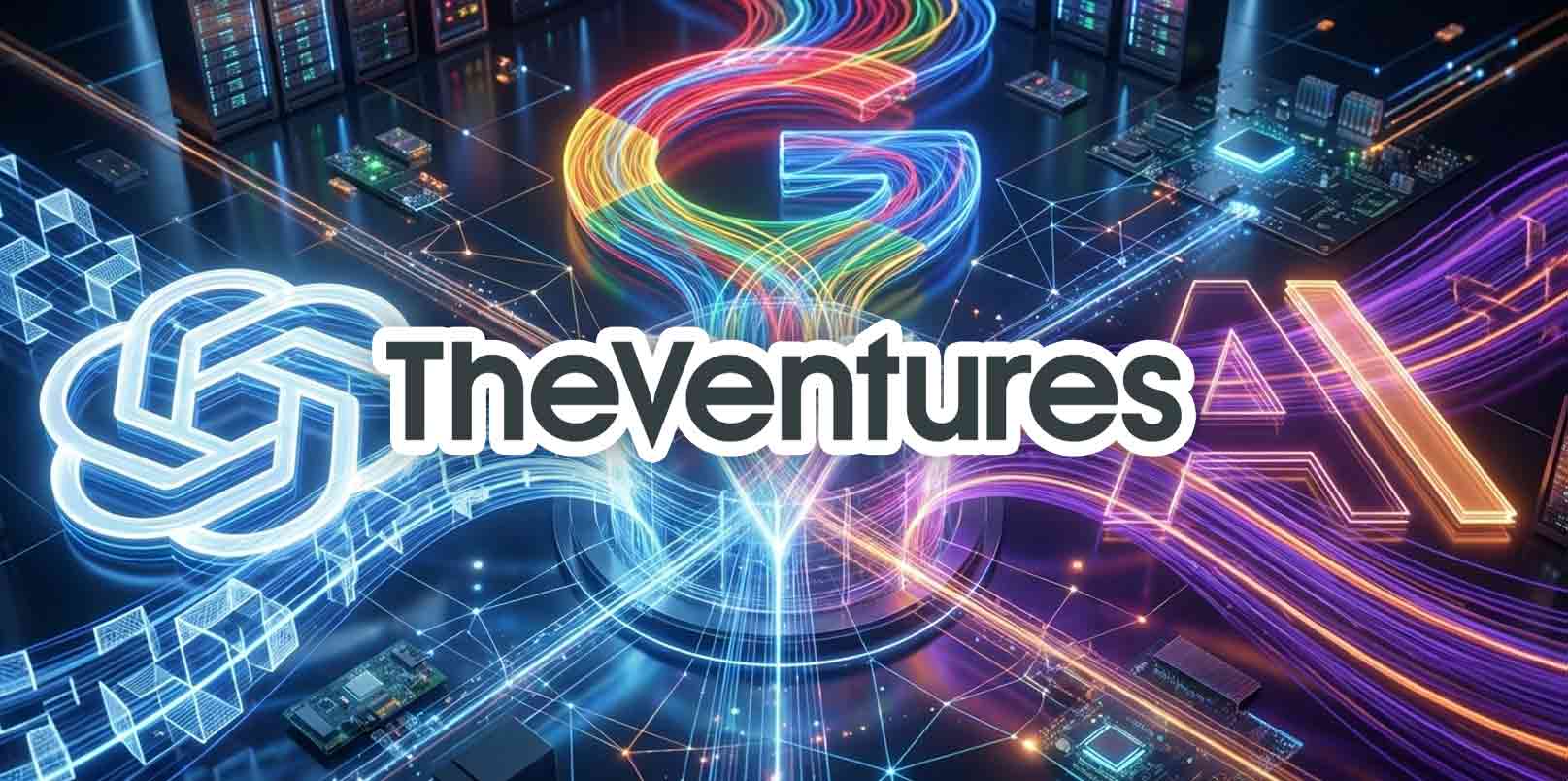Interest in Korean entertainment – Korean dramas, movies, music, etc., is increasing globally and with it the curiosity to learn Korean. Korean startup eBridge World’s Co-founders Kevin Oh & Young Chan Ki realized the need for a service that can help the global audiences better understand the Korean content in its original form.
The startup developed the AI-based learning platform ‘yalliyalli’ that teaches Korean in 30 different languages. Kevin Oh sees yalliyalli as a platform that can revolutionize the edutech field globally and help popularise Korean language. The platform contents have been designed by non-Koreans, which helps non-native speakers understand the nuances of the language quickly.
Kevin Oh spoke to koreatechdesk.com about how he started the yalliyalli platform, his plans to expand globally, and how it is becoming a popular online learning platform in the non-contact COVID-19 era.
1. Please tell me about your background, and What motivated you to get started with your company?
I was born in Korea, but I grew up in Vancouver and had lived in the US and Canada for 16 years. I studied accounting in the US and worked in the field for 7 years before coming back to Korea in 2008. I always wanted to do something in education, so I decided to set up a company offering English teaching and global business consulting services for SMEs. After about 10 years with this company, I was ready to make a bigger plan. My understanding of education and the global market made sense starting an Edutech company from Korea and take it to the global market.
2. What is your current main product and can you share any previous product pivot story to the current product?
We have launched the first service called YalliYalli.com. It offers online Korean language lessons in 30 languages targeting casual learners who want to learn from scratch. While I was teaching English to various levels of people, I developed a different listening training program, especially for novice level learners: accuracy listening and self-listening. Instead of trying to comprehend the meaning of what you’ve heard, the important thing is focusing on the sound of every word and ability to listen to your own sound. I wanted to implement this into YalliYalli for those who want to learn Korean language.
3. What is the market opportunity?
Currently, If you don’t know English, Chinese, or Vietnamese, you are in trouble learning Korean because there are no contents in the market for those don’t know these languages. Nobody seems to care to target the market globally. Everybody is focusing on only those markets which are known to have potential pay users. This makes sense if it is an education business model. But since eBridge World is trying to make a global platform business starting with Korean educational contents as a seed, we are able to make and offer Korean language contents in 30 different languages. This not only covers the global market but also provides global users with an opportunity to learn Korean. Korean language’s popularity is growing faster than any other languages in the world.
4. What’s your business model, and how have you grown your revenue? What strategy worked best?
Unlike other educational business model, we have broken down our contents into small pieces so that users can choose to buy only the contents they need. We have a diagnostic system that assesses each user’s what they know and doesn’t recommend personalized content. We also constantly analyze user experience data for the recommendation algorithm. Each video content and practice question/exercise is tagged and assigned with values. For our business model, we use a virtual currency just like online games. We allow users to spend just for what they need. We are planning to launch YalliYalli 1.0 on November 30 which is going to be the first pay service.
5. Please tell me more about your founding team.
A co-founder YC Kim comes from global service platform business background with large online game companies in Korea and gained large-scale platform business experience from Samsung Electronics. He also experienced in various education companies to prepare for this startup. YC and I met while we both were working for education companies. We were both playing similar role to help the companies to go global with an Edutech company model. But decision-makers of the companies didn’t see the proposed visions the same way as we did. So we decided to set up our own company and execute our plan.
6. How much money have you raised in total so far? When was the recent funding round?
In November 2019, we raised 500,000,000 won (about $500,000) with Pre $2.5 million valuations from angel investors who are friends of CEO. The Founders have injected a total of 200,000,000 won (about $200,000), which a half of them was injected last month. We are trying to raise another round among founder by the end of this year.
7. What are the biggest challenges and obstacles that you have faced in the process of fund-raising? If you had to start over, what would you do differently?
The biggest challenge was to prove that the market exists globally and our ability to launch an MVP in time. If I had to start over, I would have a CTO on board from the beginning as one of founders.
8. What are your milestones for the next round? And what are your goals for the future?
The next milestone is launching YalliYalli 1.0 on November 30. It is going to be an app with more content that are tailored to attractive for casual learners. By the end of this year, we are trying to 100,000 DAU through 10 country managers: Russia, India, U.S.A, Europe, MENA, Latin America, Korea/Japan, South East Asia, China. Our goal was clear, making a global social learning platform for a gateway to K-Culture.
9. How have you attracted users and with what strategy have you grown your company from the start to now?
Having contents in 30 languages has allowed us to target global audience. Our instructors helped us identifying existing online communities and SNS channels for K-Drama, K-Pop, K-Beauty, and keywords for marketing for each language.
Then using country managers who are experts in digital marketing for the specific target country or language, we were able to localize our marketing campaigns. In order to bring organic users, we have learned that buying online ads was not always effective and efficient.
But constant organic posting on the channels would be more effective. Country managers have been playing important roles.
10. What do most startups get wrong about marketing in general?
They might believe buying online ads will guarantee user traffic so they need a lot of money for marketing. But it hasn’t been the case for us.
11. How do you plan to expand globally?
We are already reaching out global users. Since we have launched in July, users from over 140 countries have used our service. However, we will continue to strengthen our country managers pool which is currently representing just 10 languages.
12. How do you handle this COVID-19 outbreak situation for your company’s survival in the future?
It has opened opportunities for us since online education is no longer a choice but a necessity. It is very favorable situation for us since non-contact became a normal situation even in education environment. So we decided to develop a few more services earlier than planned. We are currently developing an online class platform called eClass. It is like zoom but there are more features that are specific to an education environment such as a virtual whiteboard and an online quiz generator. We are going to integrate this tool with our tutoring service, where we have over 300 tutors who can teach the Korean language in 30 different languages.
13. What’s the best advice you’ve ever received? And what advice do you have for someone who is interested in doing similar things like yours or in a similar direction?
The best advice I’ve ever received was from my business English professor in college. He taught me that a well written business email is written for the reader not what I want to tell. I have implemented this in business. Regardless of the nature of the business, I try to see things from clients’ point of view and execute for the clients not what I want to do.
I would say, start with a big picture and work your way down to find how to execute it. For example, we wanted to make a gateway platform for global users in edutech. We identified global users in education market by offering Korean language contents since there are over 130,000,000 fans of K-Culture globally. Then knew that we must have contents in as many languages as possible to capture the global users. Another advice would be always think about the very first user in mind.
Nobody wants to be the first person to use the service, and the first user doesn’t appreciate all the functions. But it takes only a few seconds to decide whether to stay longer or leaver for good.
14. What are the top-three books or movies (TV series) that changed your life and why?
I like reading the Analects of Confucious. It was written over 2500 years ago, but the way people lived and the reasons for struggles were similar to now. One important lesson from the book is about the meaning of ownership. I am applying it in business. Although I am a founder of the company and own a meaningful amount of shares of the company, I believe that the company is not mine. I understand that there’s a clear line between passion and obsession. I try not to be a bottleneck for the company’s growth, but when I become a bottleneck, I should know when to let go for the company’s growth to someone who can help grow to the next stage.
15. How do you keep yourself motivated every day?
I try not to think too long if there’s no right answer I can come up with. Instead of searching for unknown answers, I rather act on it quickly to find out what should be the next step. Through constant actions, I am free from demotivation. And I try to be surrounded by motivated people and try to disconnect with people I feel I am dragging.
Also more on Korean edutech startups,






